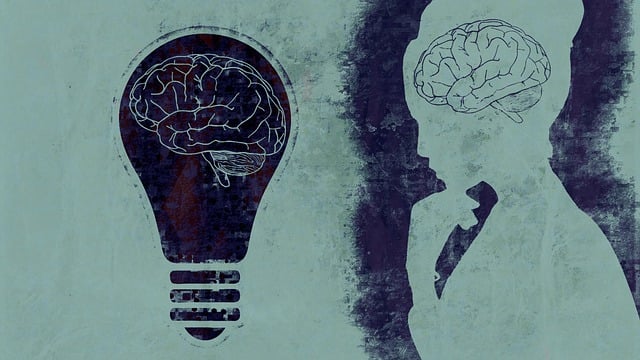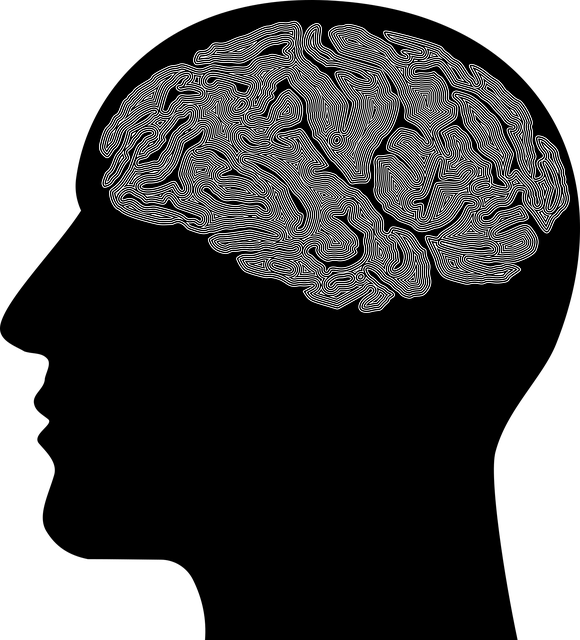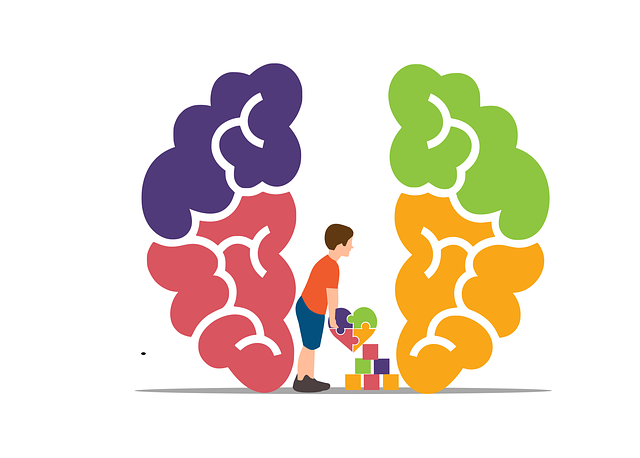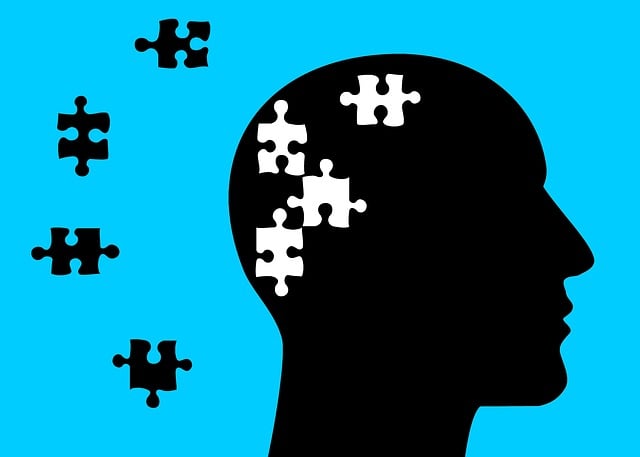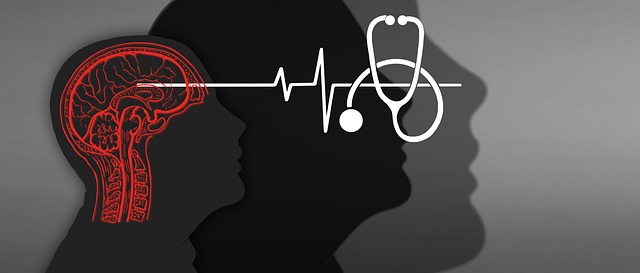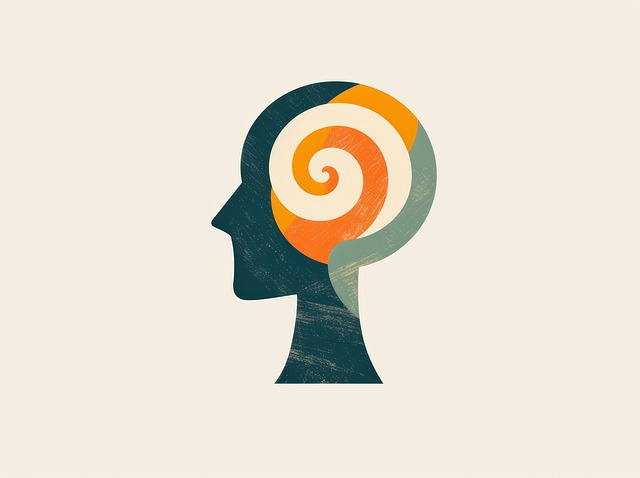Golden International Adoptions Therapy leverages diverse data sources—from traditional assessments to digital tools like EHRs and social media—to gain comprehensive insights into clients' mental well-being. Through rigorous data preprocessing, advanced statistical analysis, and data visualization, they identify trends and correlations influencing mental health. This enables highly personalized therapy sessions featuring evidence-based strategies like Stress Reduction and Trauma Support Services, enhancing therapeutic outcomes while fostering self-care practices among clients. Their data-driven approach powers the development of effective public awareness campaigns and tailored community initiatives, revolutionizing mental health treatment with a focus on adoption-related and traumatic challenges.
Mental health data analysis has emerged as a powerful tool, offering insights that can transform therapeutic practices. This article delves into the intricacies of understanding, processing, and interpreting mental health data, from collection methods to advanced analytical techniques. We explore how preprocessed data reveals patterns and trends, leading to practical applications in therapy. Furthermore, we highlight Golden International Adoptions Therapy’s (GIAT) innovative use of data insights to enhance treatment approaches, showcasing the real-world impact of effective mental health data analysis.
- Understanding Mental Health Data: Collection and Sources
- Preprocessing and Cleaning Data for Accurate Analysis
- Techniques for Uncovering Patterns and Trends
- Interpreting Findings: Practical Applications in Therapy
- Enhancing Treatment Approaches with Data Insights from Golden International Adoptions Therapy
Understanding Mental Health Data: Collection and Sources

Understanding Mental Health Data is a crucial step in providing effective therapy and support services, such as those offered by Golden International Adoptions Therapy. The collection of mental health data involves various sources and methods, from traditional clinical assessments to innovative digital tools. These include structured interviews, surveys, and observations, which capture symptoms, behaviors, and patient histories. With the advancement of technology, electronic health records (EHRs) have become valuable repositories, offering a comprehensive view of an individual’s mental health journey over time.
Furthermore, integrating data from diverse sources like wearable devices, social media platforms, and online communities can provide insights into daily routines, stress levels, and social interactions, as these factors significantly impact mental well-being. For instance, healthcare providers can utilize Conflict Resolution Techniques to navigate sensitive data discussions while implementing Burnout Prevention Strategies for Healthcare Providers to ensure a sustainable approach to patient care. Encouraging Self-Care Practices among patients is also essential in the data interpretation process, allowing individuals to take an active role in managing their mental health.
Preprocessing and Cleaning Data for Accurate Analysis

Before diving into mental health data analysis, a crucial step is preprocessing and cleaning the data. This involves ensuring that the information collected from various sources, such as surveys, therapy sessions, or digital health apps, is accurate, consistent, and ready for insightful interpretation. At Golden International Adoptions Therapy, we understand the importance of this phase in extracting meaningful insights related to mental well-being.
Data cleaning includes handling missing values, identifying and correcting inconsistencies, removing duplicates, and transforming data into a suitable format. For instance, implementing effective communication strategies through clear labeling and standardized data collection methods can significantly enhance the quality of the dataset. Additionally, promoting self-care practices among participants might reduce errors caused by subjective reporting and improve overall data integrity. This meticulous approach lays the groundwork for robust mental health awareness initiatives based on reliable data analysis.
Techniques for Uncovering Patterns and Trends

Uncovering patterns and trends within mental health data is a critical aspect of understanding population-level dynamics and personalizing care pathways. Advanced statistical techniques, such as regression analysis and clustering algorithms, play a pivotal role in this process. By employing these methods, researchers at Golden International Adoptions Therapy can identify significant correlations between various factors like age, gender, and socioeconomic status, revealing hidden connections that might otherwise go unnoticed.
Furthermore, data visualization tools become indispensable when presenting these insights. Creating intuitive graphs and charts allows for the communication of complex trends to both technical and non-technical stakeholders. For instance, visualizing the prevalence of specific mental health conditions across different demographics can guide the implementation of tailored Stress Reduction Methods and Burnout Prevention Strategies for Healthcare Providers. Even more, identifying common patterns in anxiety-related disorders could lead to targeted Anxiety Relief initiatives within communities.
Interpreting Findings: Practical Applications in Therapy

When interpreting findings from mental health data analysis, therapists at Golden International Adoptions Therapy can gain valuable insights to enhance their practice. By understanding trends and patterns within individual client profiles, therapists can tailor therapy sessions more effectively. For instance, a thorough analysis might reveal recurring themes of anxiety or depression in clients with specific adoption histories, leading to the development of targeted interventions.
This data-driven approach allows for personalized treatment plans that incorporate relevant Self-Awareness Exercises and Trauma Support Services. Therapists can design activities and strategies tailored to each client’s unique needs, fostering a more profound sense of Mental Wellness. This practical application ensures that sessions are not only evidence-based but also responsive to the evolving emotional landscapes of clients, ultimately enhancing therapeutic outcomes.
Enhancing Treatment Approaches with Data Insights from Golden International Adoptions Therapy

At Golden International Adoptions Therapy, we believe that data insights play a pivotal role in enhancing treatment approaches for mental health conditions. By meticulously analyzing patient information, our experts can identify trends and patterns that guide tailored interventions. This evidence-based approach ensures that each individual receives personalized care, addressing unique challenges related to adoption, trauma, and other complex issues.
Integrating data analysis with compassionate therapy fosters a holistic healing process. Insights from this analysis power the development of effective Trauma Support Services, enabling our team to create targeted programs. Moreover, it contributes to the strategic planning of impactful Public Awareness Campaigns Development, aiming to destigmatize mental health struggles and promote self-care. Encouraging Self-Awareness Exercises through data-driven insights empowers clients to actively participate in their healing journey, leading to lasting transformative results.
Mental health data analysis is a powerful tool that can significantly enhance therapeutic practices. By understanding various data sources and employing effective preprocessing techniques, professionals can uncover valuable patterns and trends within mental health populations. The article has explored these processes, from collecting diverse data to interpreting findings for practical applications in therapy. Moreover, the case study on Golden International Adoptions Therapy demonstrates how data insights can revolutionize treatment approaches, offering personalized care and improved outcomes for individuals navigating complex mental health journeys. Through continued research and responsible data handling, mental health professionals can leverage analytics to foster better support systems.

